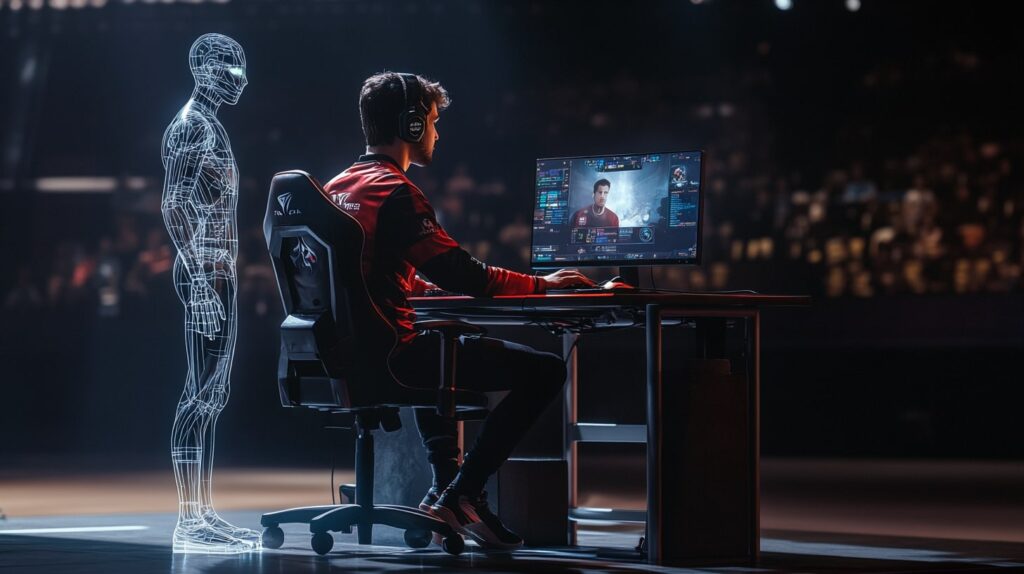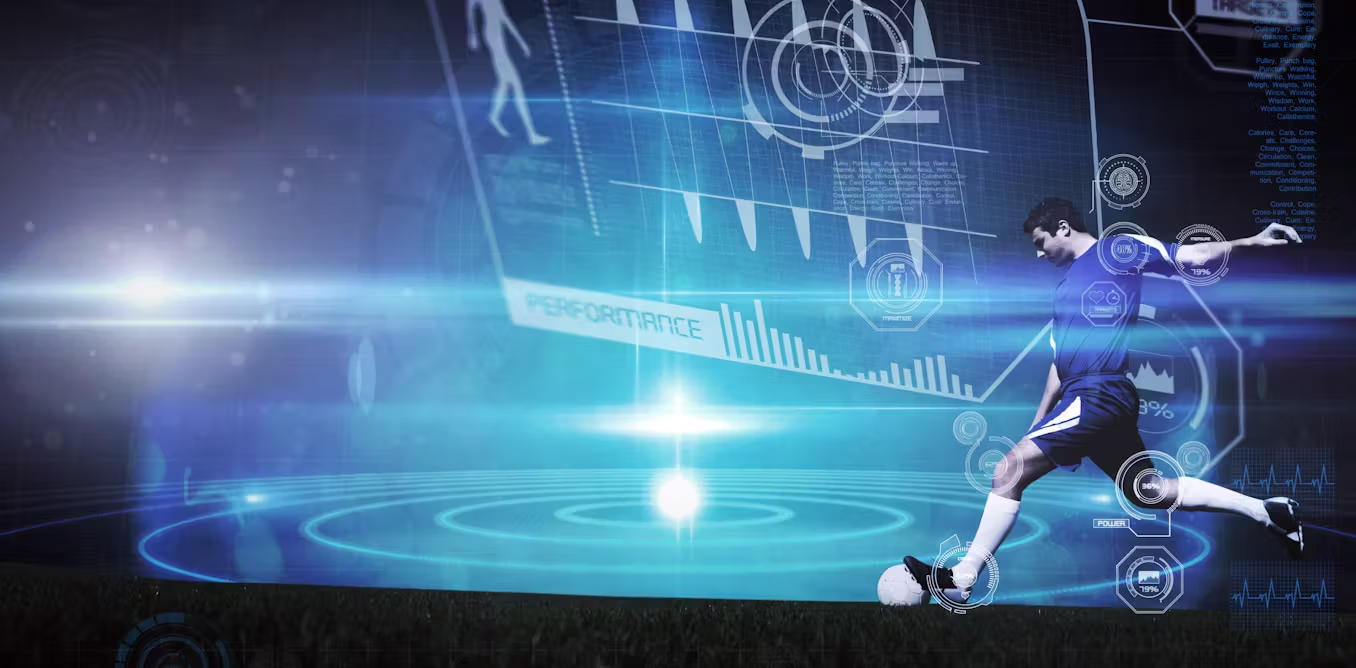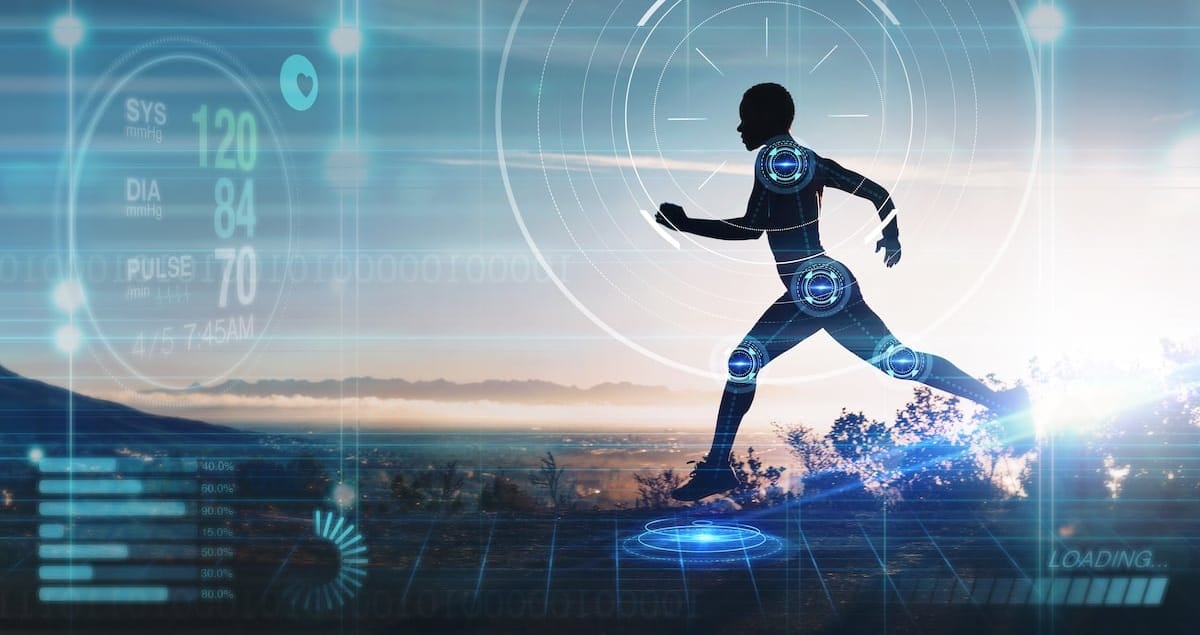AI Game Plans: Winning Sports Strategies in 2025

AI Game Plans are revolutionizing the world of sports in 2025, transforming how teams train, strategize, and dominate their opponents. From real-time data analysis to predictive performance modeling, artificial intelligence is now the secret weapon behind many winning teams. In this fast-evolving era of sports technology, AI is not just assisting coaches, it’s helping create smarter plays, reduce injuries, and optimize every move on the field. Let’s dive into how AI Game Plans are shaping the future of competitive sports and redefining what it means to win.
Why AI Is the MVP of Modern Sports in 2025

-
Artificial Intelligence (AI) has become the backbone of professional sports strategy and player performance.
-
From real-time decision-making to long-term training analysis, AI game systems are reshaping how coaches, players, and analysts operate.
-
The integration of AI in sports is not limited to elite teams—it’s rapidly becoming essential at the college, club, and even youth levels.
-
The goal is no longer just physical strength; it’s smart strength, guided by data, automation, and predictive models.
The Rise of the AI Game in 2025
-
AI game tools now power over 80% of elite team strategies in basketball, football (soccer), American football, cricket, and baseball.
-
Major sports franchises are investing millions into sports tech labs and AI partnerships.
-
Real-time performance data, biomechanics, and opponent analysis are being computed within seconds using AI-powered dashboards.
-
AI is not just about prediction—it enables adaptation during the game, altering tactics based on live data.
Key Use Cases of AI in Sports Today

1. AI-Powered Scouting & Talent Discovery
-
AI algorithms analyze thousands of athlete profiles, highlight reels, and biometric data points to spot rising stars.
-
Tools like SkillCorner, Playermaker, and STATSports combine video + wearable data to create digital player ratings.
-
Coaches use heat maps and trajectory models to find talent that traditional scouting might miss.
2. Predictive Injury Prevention
-
AI monitors an athlete’s workload, movement patterns, hydration, and even sleep data.
-
Predictive models flag injury risks days in advance using motion analysis and historical trends.
-
Top teams now integrate AI with smart wearables that collect data every second during games and training.
3. Personalized Training Programs
-
AI game systems tailor workout routines based on player type, upcoming opposition, and fatigue levels.
-
Players receive daily micro-adjustments via apps that sync with gym equipment and GPS trackers.
-
This ensures faster recovery, optimized performance, and minimal overtraining.
4. Live Strategy & In-Game Decisions
-
Real-time data feeds are used to adjust formations, substitution patterns, and even targeting weaknesses.
-
Coaches use tablets showing AI-generated playbooks and risk/reward simulations mid-game.
-
In basketball, AI suggests optimal shooting zones; in football, it recommends substitution windows based on stamina decay.
5. Opponent Analysis & Game Prep
-
AI breaks down opponent behavior using match history, player psychology, and style patterns.
-
Teams are fed high-probability tactics that beat specific rivals or neutralize their strengths.
-
These AI game plans are often updated just minutes before kickoff based on live variables (e.g., weather, crowd, last-minute changes).
Top AI Game Platforms Dominating Sports in 2025

-
Catapult Sports: Wearable + AI dashboard used by 3,000+ teams worldwide
-
Zone7: Predictive injury analytics adopted by NFL and UEFA teams
-
Second Spectrum: Provides AI video breakdown for NBA and Premier League
-
Stats Perform: AI + natural language analysis for scouting and media broadcasting
-
Orreco: Combines sports science with AI to monitor female athlete performance
-
Kinduct: AI-based athlete management used by NHL and MLB teams
AI Game Systems by Sport
Football (Soccer)
-
Tactical AI suggests press intensity, off-ball movement, and corner routines
-
Player load tracked using wearables and converted into energy consumption models
-
AI assigns fatigue scores that inform minute-by-minute substitution logic
Basketball
-
AI identifies player mismatches using real-time biometric data
-
Shot prediction tools analyze player angle, distance, and defender proximity
-
Coaches get instant suggestions on lineup rotations for optimal synergy
American Football
-
AI-assisted play-calling engines simulate thousands of plays by down, yardage, and weather
-
Machine vision tracks all 22 players and ball trajectory simultaneously
-
Virtual assistants offer real-time scenario training for quarterbacks
Cricket
-
Batting strategies powered by AI to predict bowler spin patterns
-
Field placement adjusted mid-over using data overlays on captain’s screen
-
Bowling workload AI tools reduce shoulder injuries in fast bowlers
Baseball
-
AI calculates swing efficiency, reaction speed, and eye tracking in hitters
-
Pitchers use AI to predict batter tendencies and adapt grip, speed, or placement
-
Defensive AI alignment models reduce fielding errors by up to 18%
AI Game and Fan Experience with AI Game Plans
-
AI-generated highlight reels customized per user (favorite team, player, or moment type)
-
Virtual assistants narrate plays and offer real-time statistics on smart TVs
-
Fantasy leagues powered by AI game forecasts for points, injuries, and trades
-
Betting platforms use AI predictions for live-odds adjustment and responsible gambling prompts
The Economics Behind AI in Sports

-
AI game tech market for sports projected to hit $10.5 billion by 2028
-
Teams investing in AI systems are seeing 15–20% higher win rates
-
Better injury management alone can save a team millions annually
-
Sponsorships from AI platforms are growing, with brands wanting visibility in smart arenas
Coaching Is Changing Forever
-
Traditional coaching is being augmented—not replaced—by AI assistants
-
Coaches now act as interpreters of data rather than just tacticians
-
Teams are hiring data scientists, AI engineers, and sports psychologists under one roof
-
Decisions are validated with performance probabilities instead of gut instinct
Challenges Facing AI Game Systems
-
Data privacy and biometric ownership for athletes remain legal concerns
-
Over-reliance on AI could reduce creativity and spontaneity in play
-
Hardware failures or AI bias in data sets could misguide crucial decisions
-
Cost barriers may exclude smaller clubs or emerging nations from adopting the tech
The Future of the AI Game (2025–2030)
-
Virtual Reality training integrated with AI for immersive practice environments
-
Holographic playbooks powered by AI simulations becoming standard
-
AI-powered referees using computer vision to make real-time decisions
-
Universal data-sharing standards for player stats and match feeds across leagues
-
AI coaches likely to be licensed assistants in esports and traditional sports alike
Final Takeaway
-
The AI game is no longer a futuristic concept—it’s already influencing every minute of sports strategy in 2025
-
From grassroots clubs to world championships, AI is improving performance, safety, and entertainment
-
As technology matures, the AI game will become a core skillset for athletes and staff alike
-
Coaches who embrace AI will out-strategize opponents; players who train with AI will outlast them
-
The game isn’t just about playing harder anymore—it’s about playing smarter, and AI is leading the way







